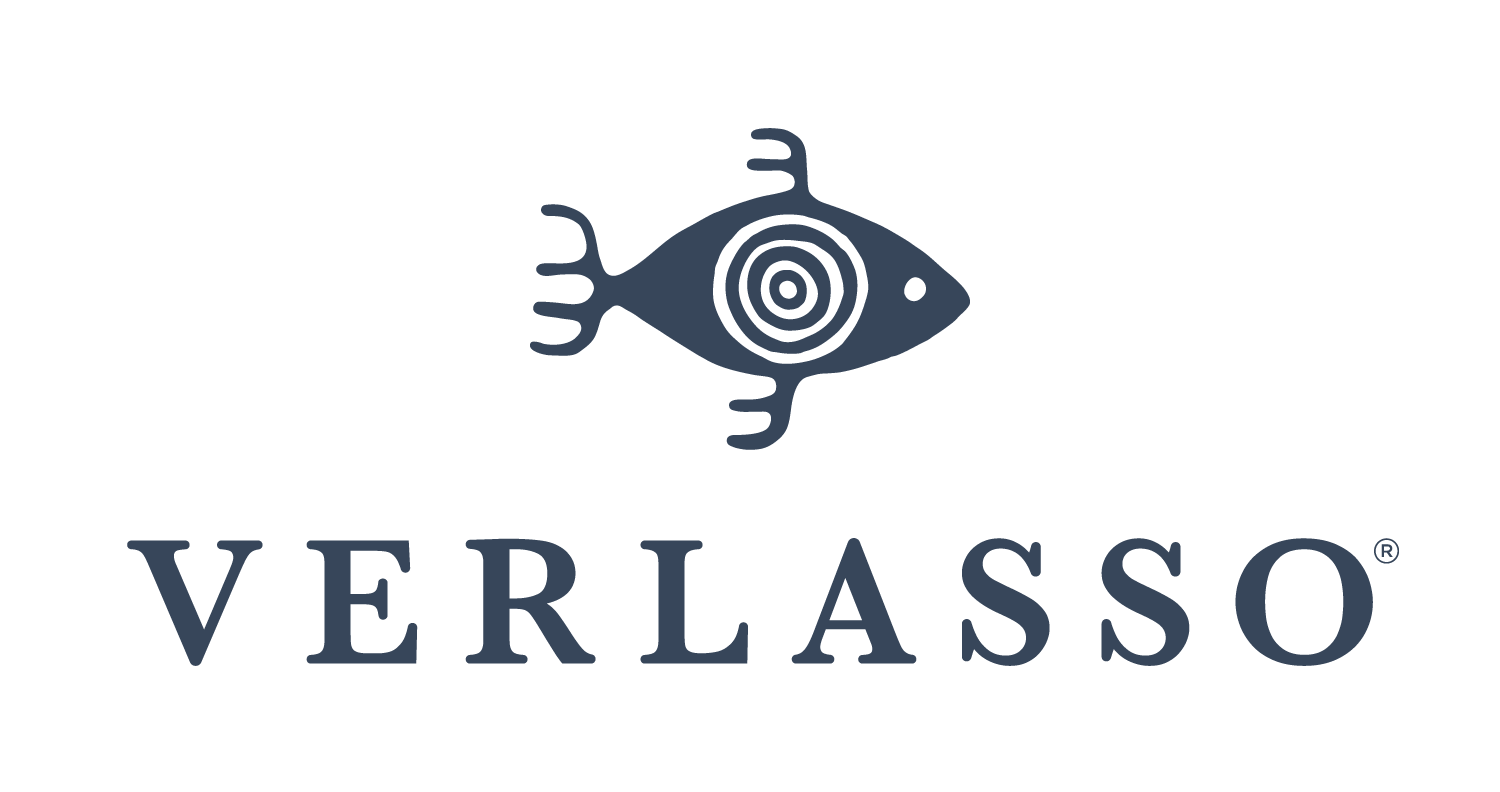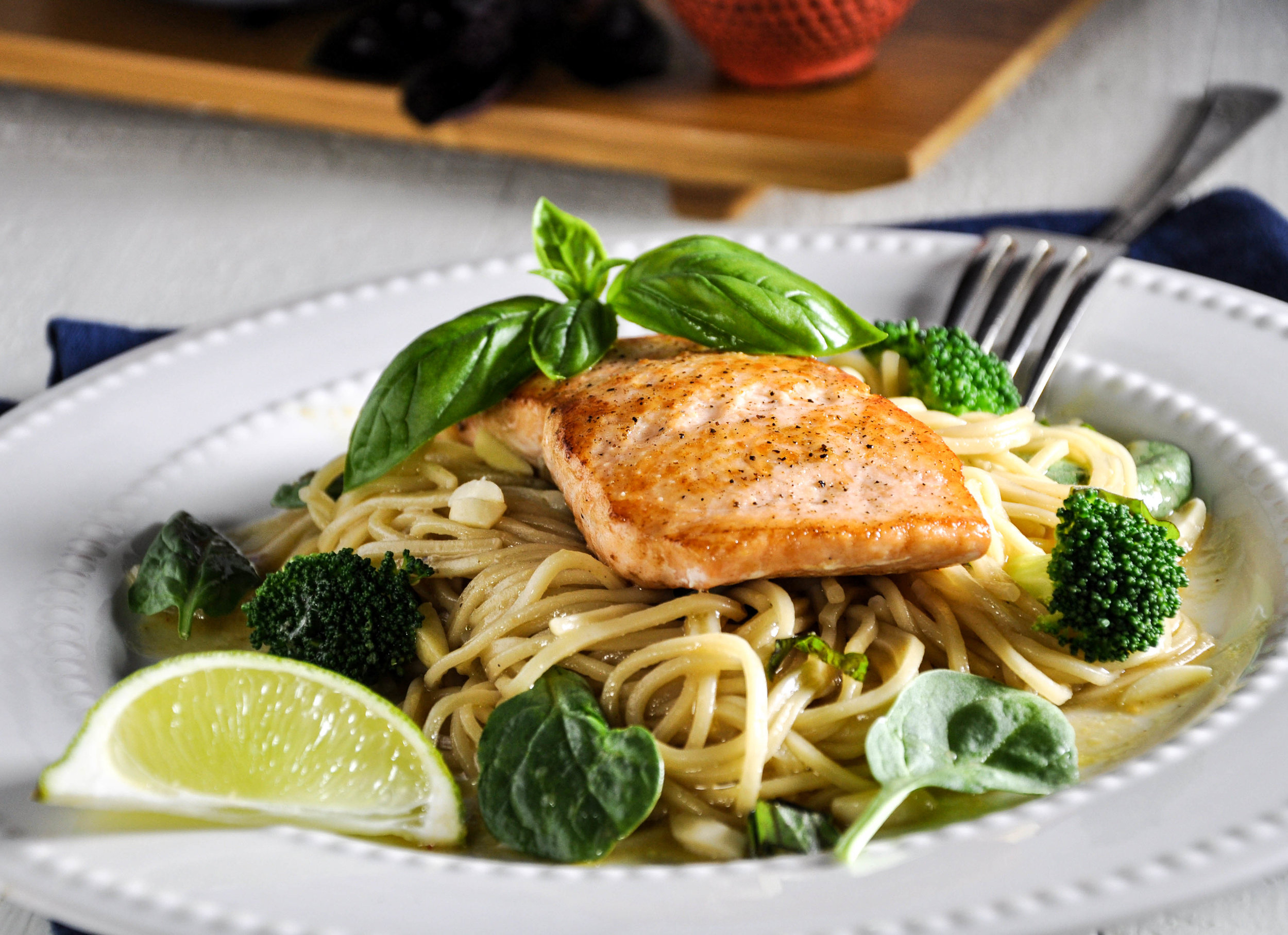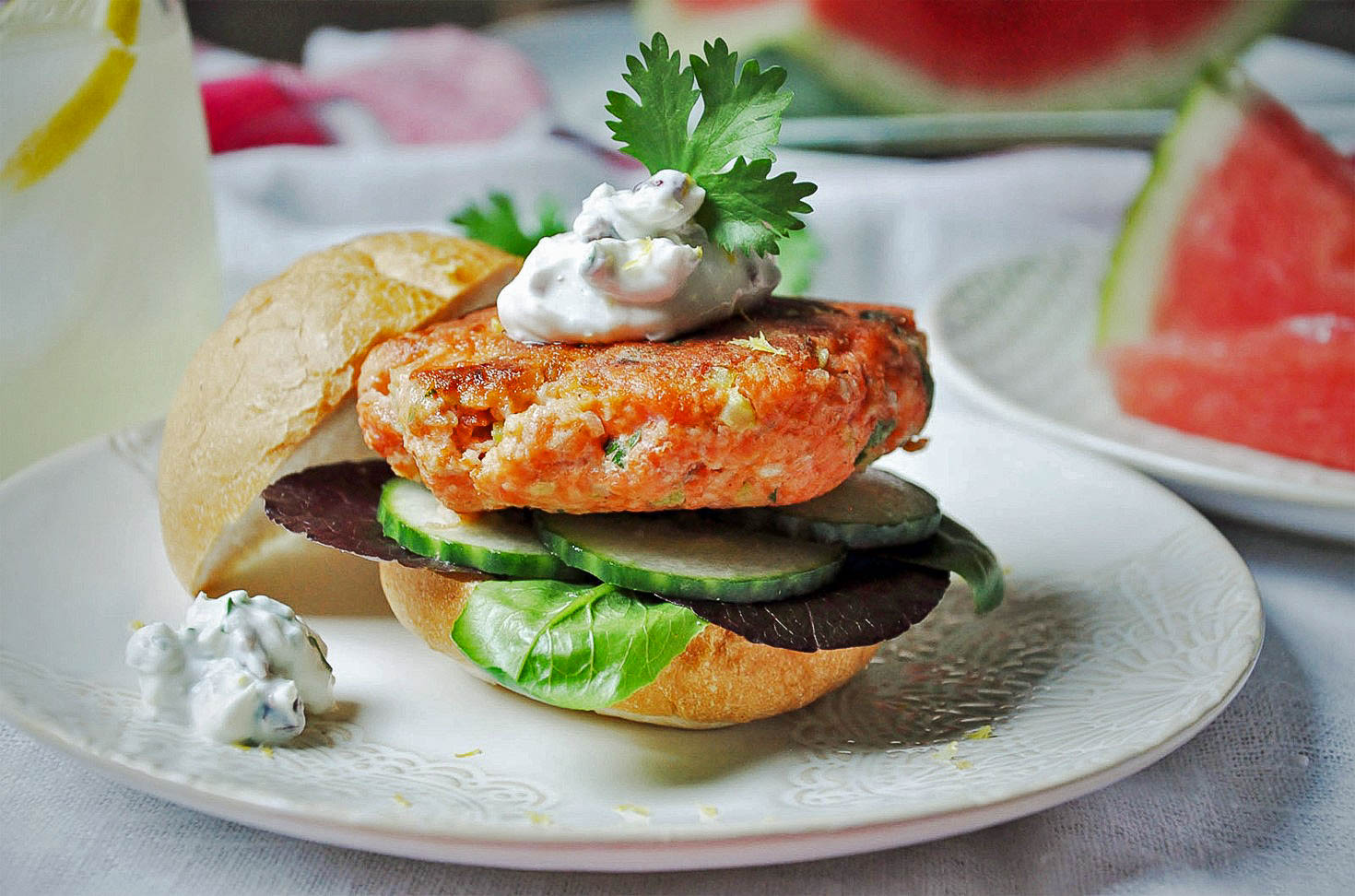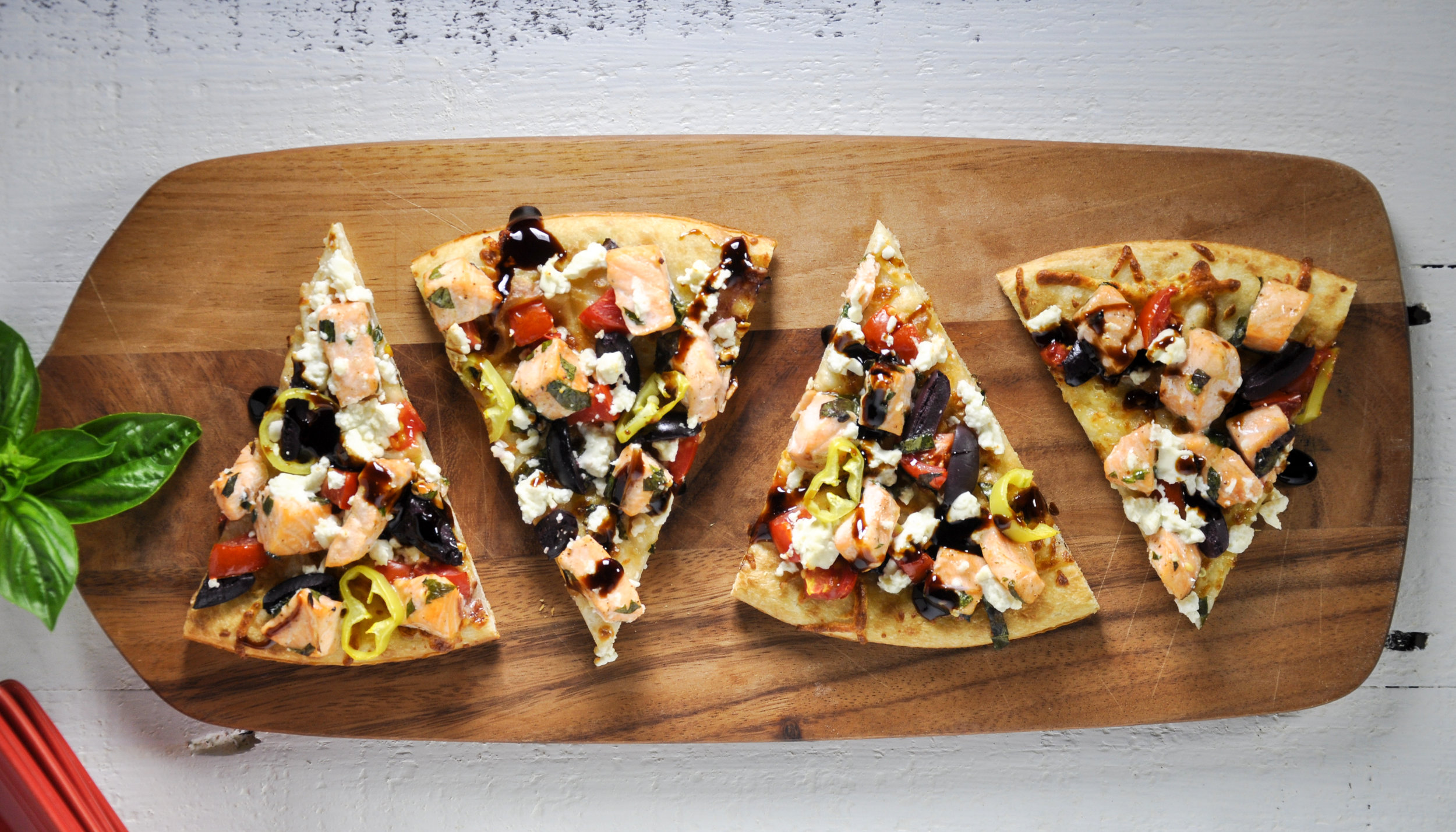Dinner time used to be an opportunity for family and friends to gather, nourish and nurture one another after a long day. It was an important moment for family and friends to come together to build community and wellbeing. Today, busy lives and schedules have diluted this ritual, and as result we have lost this communal piece of our lives. Time at the dinner table has points of impact on the family that are beyond imagination. Refocusing ourselves to give more importance to dinner time is essential for our mental, emotional and physical health.
Dinner time should be a time to disconnect from the outside world - a safe haven to talk about the happenings in your life and the lives of those seated with you. It is a designated time to decompress, connect with loved ones, and remove yourself from everyday stressors.
Studies have shown that time around the table with loved ones reduces the rate of obesity, especially in children, because it instills healthier eating habits. Simply eating home-cooked meals reduces calorie intake compared to those eaten out (when there’s no effort in creating a healthy meal). [1] Why not create a meal that is healthy and sustainable? Families often serve a whole roast for dinner, but if you swap your roast for a salmon fillet, you could not only create a dish that will impress your guests, but you are giving them a meal with added health benefits!
Top 5 Health Benefits of Eating Salmon
Anti-Inflammatory
Eating salmon is beneficial in the treatment of osteoarthritis and other inflammatory joint conditions. Salmon contains small proteins called bioactive peptides. One in particular, called calcitonin, has been shown to increase, regulate and stabilize collagen synthesis in human osteoarthritic cartilage. This salmon-found protein also improves bone density and strength.Anti-Depressant
Eating salmon reduces risk of depression. The brain is 60 percent fat and most of that is the omega-3 fatty acid DHA, which is critical for brain function and a healthy nervous system. Eating salmon regularly has been associated with reducing the risk and incidence of depression, hostility in young adults and cognitive decline in the elderly.Cardiovascular Health
Eating salmon increases your cardiovascular health. As noted, salmon contains high levels of the omega-3 fats, EPA and DHA. These fats are responsible for many cardiovascular benefits, such as reducing inflammation. When eaten two to three times per week, salmon can protect you from heart attack, stroke, arrhythmia, high blood pressure and high triglycerides.Brain Food
Salmon is an excellent source of vitamin D. Sufficient vitamin D is crucial to maintaining optimal health. A deficiency of this essential vitamin has been linked to an increased risk of cancer, cardiovascular disease, multiple sclerosis, rheumatoid arthritis and type-1 diabetes. One can of salmon, for example, contains a day’s worth of vitamin D.Antioxidant
Salmon can help prevent cell damage. Along with its many vitamins and high protein content, salmon is an excellent source of selenium, a mineral that works as an antioxidant in the body. It is associated with decreased risk of joint inflammation, keeps the immune system and thyroid working well, and can help to keep tissues healthy by preventing cell damage.
The usual go-to for a salmon dinner is to make portions, and while that allows you versatility and ease, buying a whole fillet can be just as easy and will create a beautiful meal that gives you leftovers to repurpose.
Try our Verlasso Poached Salmon technique (check out our video below) to create a unique Omega-3 packed dish.
Don’t forget your sides! Keep your veggies seasonal to ensure the freshest options available.
Try these recipes from some of our favorite food bloggers.
Roasted Brussels Sprouts and Quinoa Salad from FitFoodieFinds
Roasted Carrots with Coconut and Cumin from FoodFaithFitness.
Have leftovers? Get creative! You can use your leftovers in various ways to create a new fresh meal without much effort. Creating a freezer bag of scraps is a great to make homemade stock. Or try using leftover salmon in recipes that allow you to repurpose it.
Here are some of our favorites!
Creating community around a meal is a beneficial tradition to start implementing. Take the traditions passed through the generations and elevate them to suit your life today. Creating a sustainable table by using all your pieces and minimizing waste is a great practice that can be shared with the whole family. Reusing leftovers also means less time in the kitchen tomorrow and more time sharing laughs with loved ones.
[1] https://www.cambridge.org/core/journals/public-health-nutrition/article/is-cooking-at-home-associated-with-better-diet-quality-or-weightloss-intention/B2C8C168FFA377DD2880A217DB6AF26F




